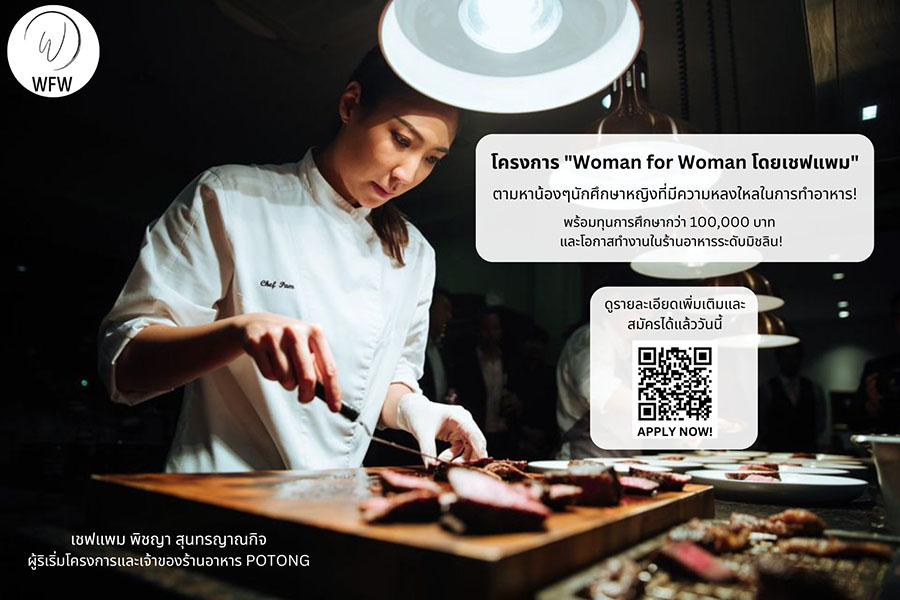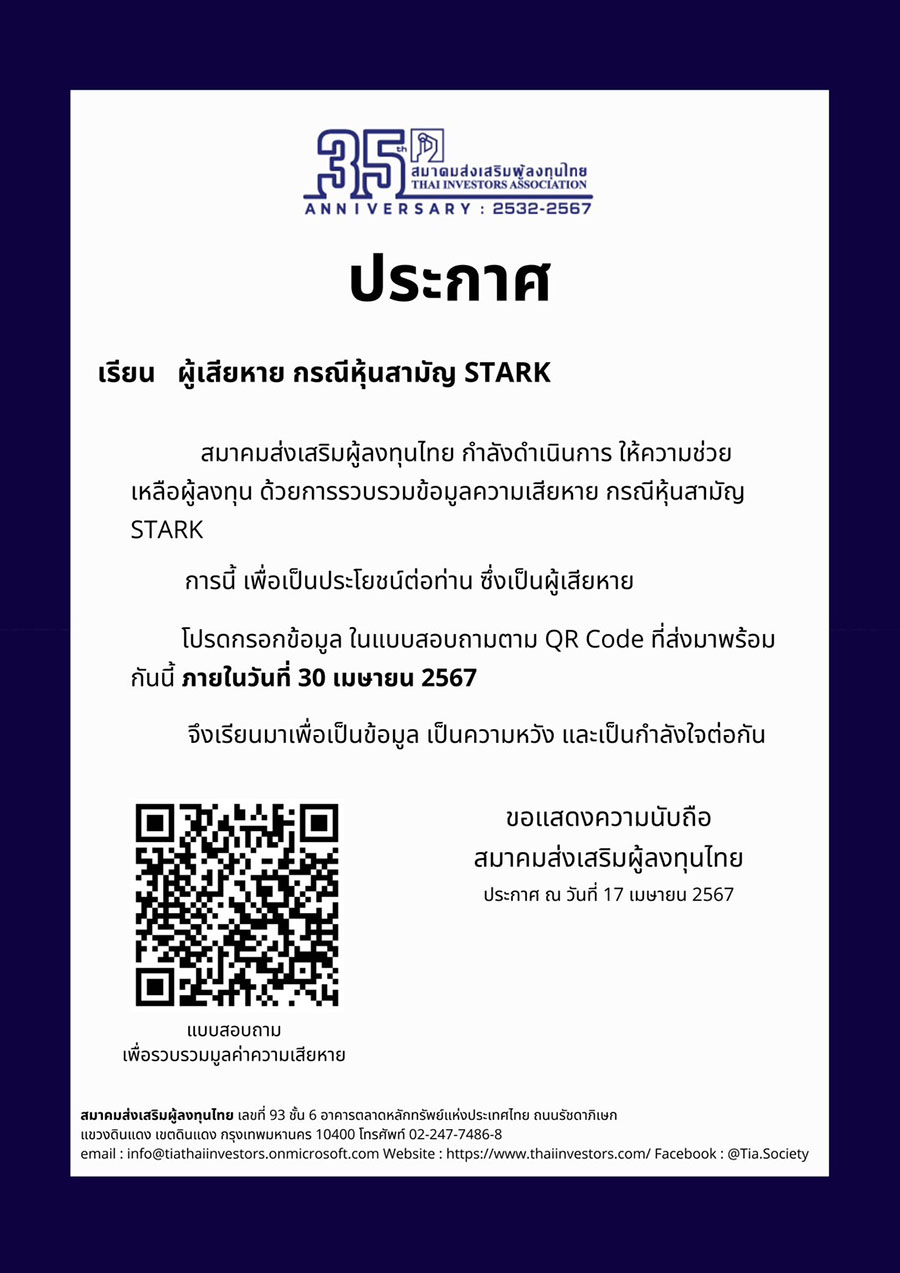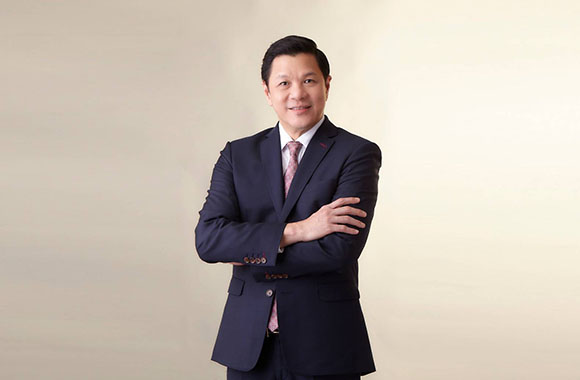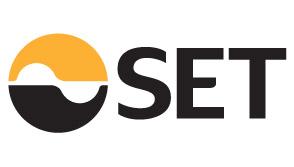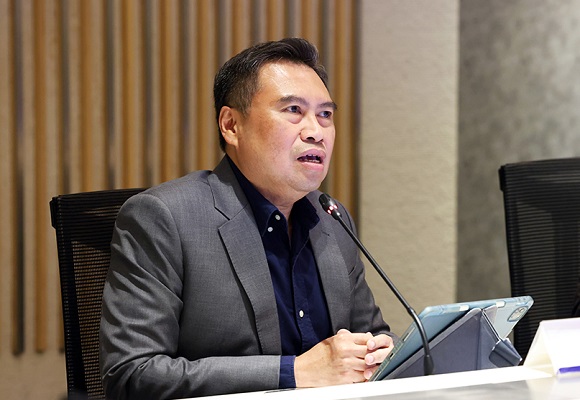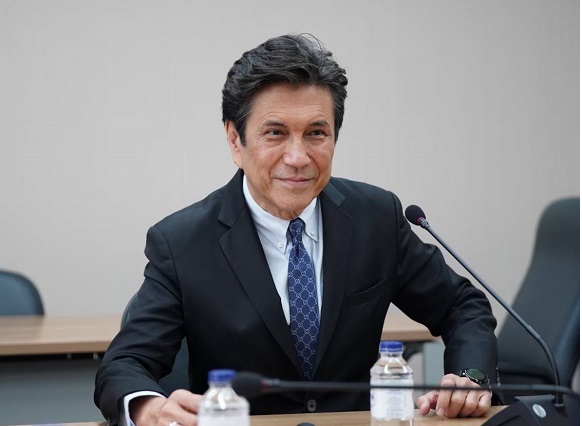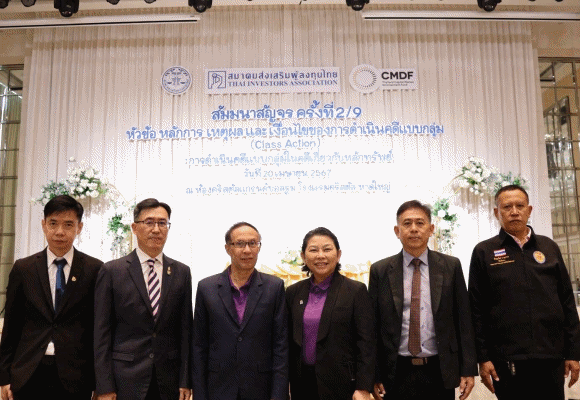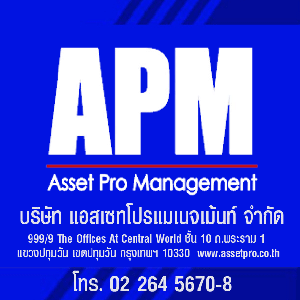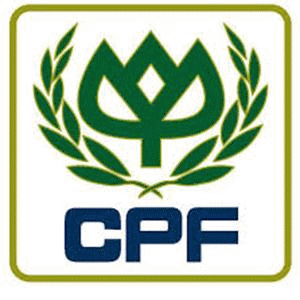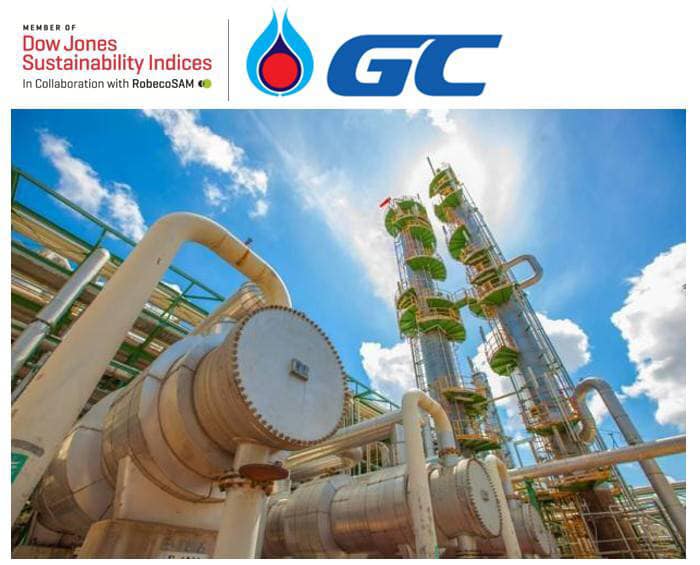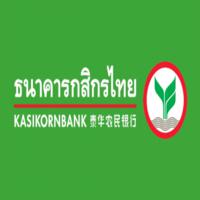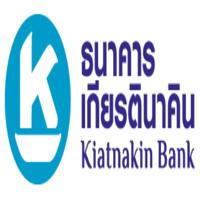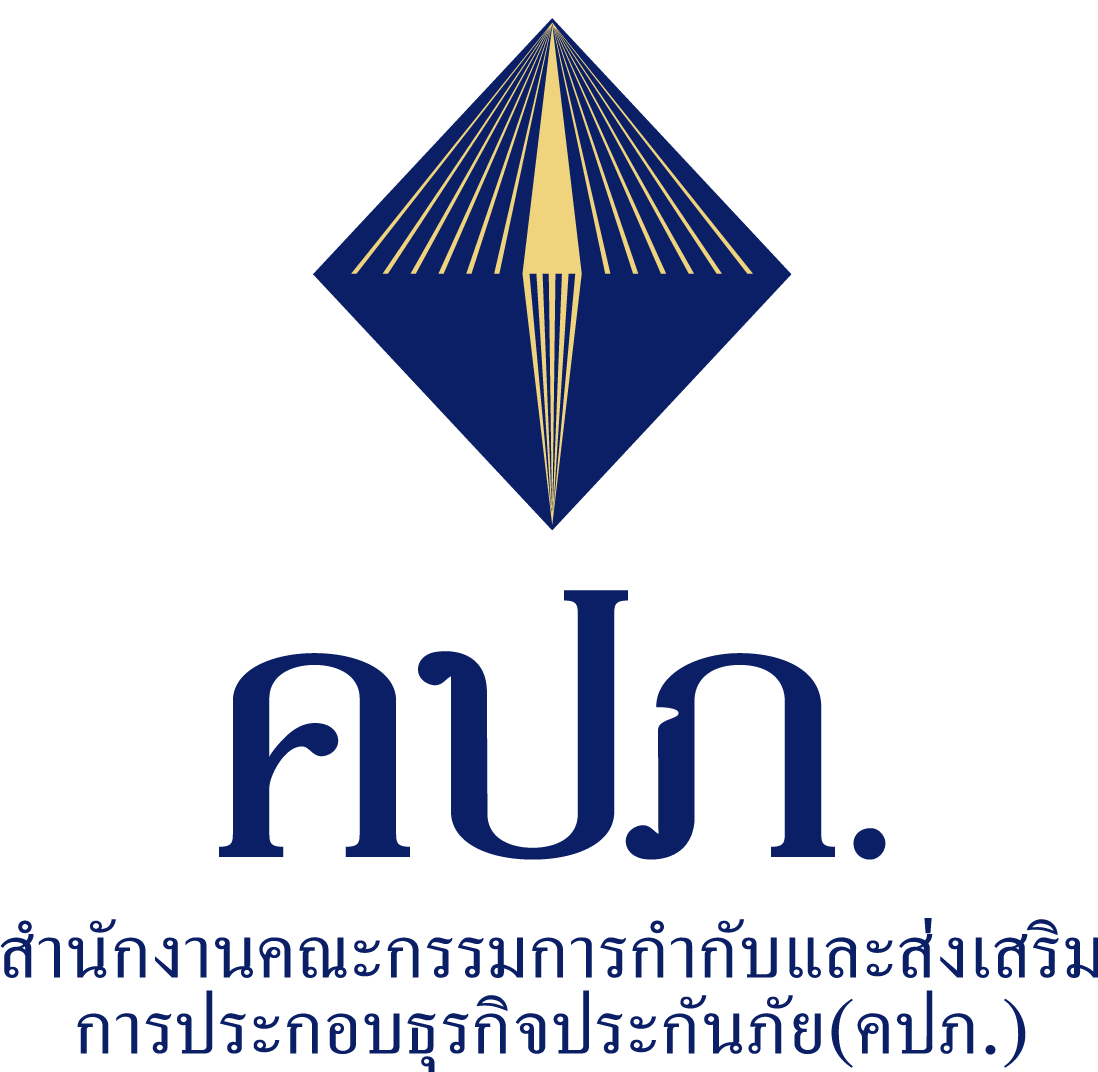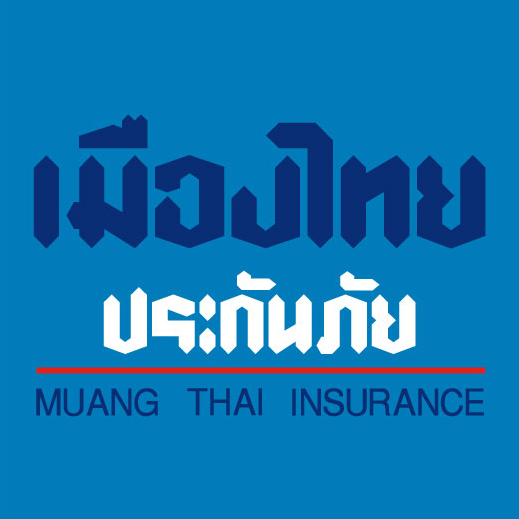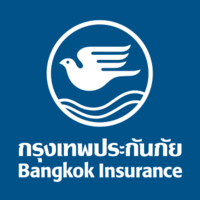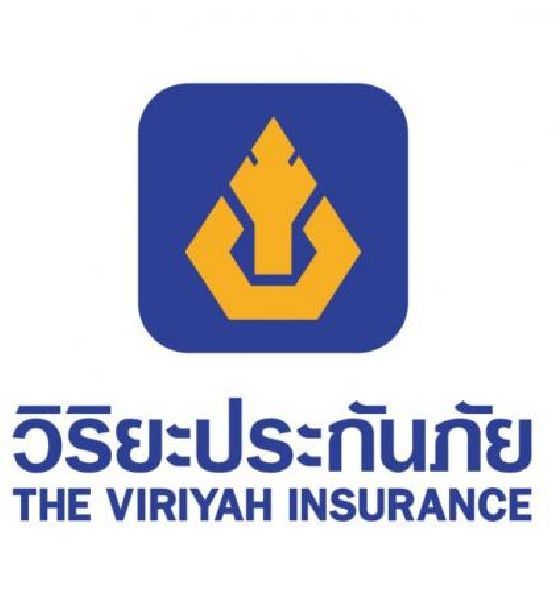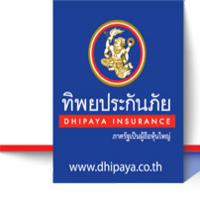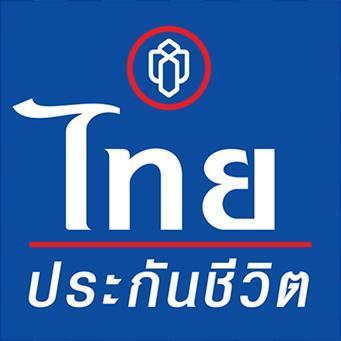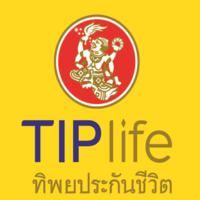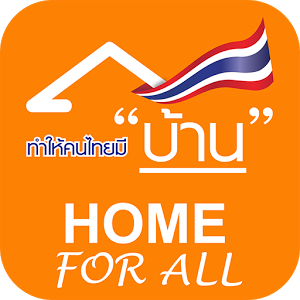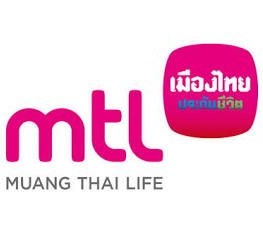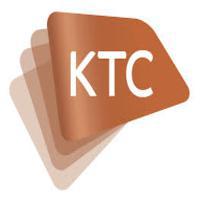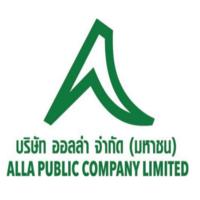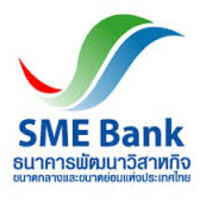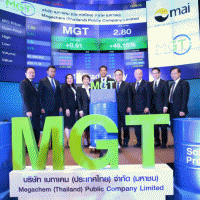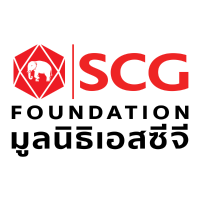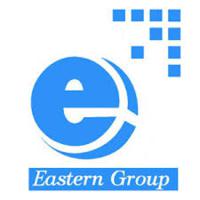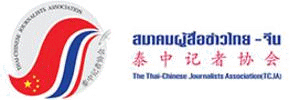- Details
- Category: บทความทั่วไป
- Published: Thursday, 29 September 2016 23:06
- Hits: 10393
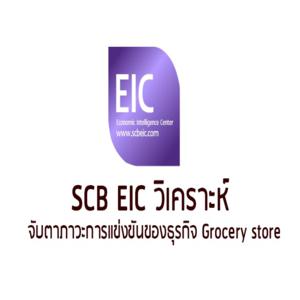 ผนึกกำลังไทย-จีนปักหมุดพื้นที่ อสังหาฯ
ผนึกกำลังไทย-จีนปักหมุดพื้นที่ อสังหาฯ
Highlight
ทุนจีนได้เข้ามามีบทบาทในภาคอสังหาฯ ไทยมากขึ้น นับตั้งแต่ปี 2013 เป็นต้นมา ด้วยการเข้ามาร่วมทุนกับผู้ประกอบการไทย จัดตั้งบริษัทร่วมทุนใหม่ เฉลี่ยสูงถึงปีละ 83 บริษัท โดยมีมูลค่าโครงการเปิดใหม่ ในแต่ละปี ไม่ต่ำกว่า 1 หมื่นล้านบาท และโครงการส่วนใหญ่ได้สร้ างความแปลกใหม่ให้กับวงการอสั งหาฯ ไทย ไม่ว่าจะเป็นการก่อสร้างที่ รวดเร็ว รูปแบบโครงการที่แปลกใหม่ หรือแนวทางการจับตลาดลูกค้ าชาวจีนที่น่าสนใจ ทำให้ หลายโครงการสามารถประสบความสำเร็ จได้เป็นอย่างดี
อีไอซี แนะนักพัฒนาอสังหาฯ ไทย ผนึกกำลังกับทุนจีนที่เคยมี ประสบการณ์ในตลาดอสังหาฯ เพื่อสร้างโอกาสในการขยายธุรกิ จและเพิ่มขีดความสามารถในการแข่ งขัน ท่ามกลางการแข่งขันที่รุ นแรงและการควบรวมที่มากขึ้น
จีนรุกหนักอสังหาฯ ทั่วโลก มูลค่าการลงทุนเติบโตสูงถึง 82% ต่อปี ท่ามกลางความผันผวนของราคาอสั งหาฯ ในหลายเมืองใหญ่ของจีน ทั้งในอสังหาฯ ประเภทที่อยู่อาศัย อาคารสำนักงาน หรือโรงแรม จากอุปทานที่เพิ่มขึ้นมาก ในขณะที่อุปสงค์มีจำกัด ส่งผลให้ผลตอบแทนโดยเฉลี่ยปรั บตัวลดลง ทำให้ทุนจีนส่วนหนึ่ง ไม่ว่าจะเป็นกองทุนขนาดใหญ่ บริษัทประกัน นักลงทุนรายบุคคล หรือแม้กระทั่งนักพัฒนาอสังหาฯ จีนเอง เริ่มที่จะมองหาช่องทางการลงทุ นใหม่ เพื่อกระจายความเสี่ยงและรับผลตอบแทนที่สูงขึ้น ด้วยการออกไปลงทุนในต่างประเทศ ประกอบกับรัฐบาลจีนมีนโยบายสนั บสนุนให้ภาคเอกชนไปลงทุนในต่ างประเทศมากขึ้น ส่งผลให้มูลค่าการลงทุนในอสังหาฯ ทั่วโลกจากจีน ทั้งในอสังหาฯ ที่สร้างเสร็จแล้วและการพั ฒนาโครงการใหม่เติบโต จาก 1.7 แสนล้านบาท ในปี 2012 เป็น 1 ล้านล้านบาท ในปี 2015 หรือเติบโตเฉลี่ย 82% ต่อปี
สัดส่วนที่จีนเข้ามาลงทุนอสั งหาฯ ในไทยมีเพียง 0.2% และภาพการลงทุนส่วนใหญ่แตกต่ างจากการลงทุนในประเทศที่พั ฒนาแล้ว ภาพรวมการรุกอสังหาฯ ต่างประเทศของทุนจีนส่วนใหญ่ จะเป็นการเข้าไปลงทุนในอสังหาฯ ที่สร้างเสร็จแล้วพร้อมให้เช่า เช่น อาคารสำนักงาน (42%) โรงแรม (18%) และศูนย์การค้า (8%) โดยประเทศที่จีนเข้าไปลงทุ นมากที่สุด ในปี 2015 คือ สหรัฐฯ ออสเตรเลีย และสหราชอาณาจักร (อ้างอิงข้อมูลจาก Knight Frank, 2015) ขณะที่ในไทย ซึ่งเป็นประเทศที่อยู่ใกล้กับจี น มีจำนวนนักท่องเที่ยวจีนสูงถึง 8 ล้านคน และเป็นประเทศที่ภาคอสังหาฯ มีสภาพคล่องและมีเสถียรภาพ กลับมีมูลค่าการลงทุนจากจีนในปี 2015 เพียง 1.3 พันล้านบาท หรือคิดเป็นสัดส่วน 0.2% เท่านั้น อีกทั้งภาพการเข้ามาลงทุ นในไทยส่วนใหญ่ค่อนข้างที่ จะแตกต่างจากการลงทุนในประเทศที่ พัฒนาแล้วข้างต้น กล่าวคือจะเป็นการเข้ามาร่วมทุ นพัฒนาโครงการใหม่และเป็นอสั งหาฯ เพื่อขายมากกว่า
แม้มูลค่าการลงทุนในไทยจะยังน้ อย แต่อัตราการเติบโตสูงมาก โดยจะเห็นได้จากมูลค่าการลงทุ นจากจีนจำนวน 1.3 พันล้านบาท ในปี 2015 ข้างต้นนี้ มีการเติบโตมาจาก 177 ล้านบาทในปี 2011 หรือคิดเป็นอัตราการเติบโตที่สู งถึง 65% ต่อปี ซึ่งสอดคล้องกับจำนวนบริษัทร่ วมทุนไทย-จีน (จีนถือหุ้นมากกว่า 20%) จดทะเบียนใหม่ในธุรกิจอสังหาฯ ที่เติบโตขึ้น จากประมาณ 17 บริษัทต่อปี ในช่วงปี 2007-2009 มาเป็น 26 บริษัทต่อปี ในช่วงปี 2010-2012 และเพิ่มขึ้นเป็น 83 บริษัทต่อปี ในช่วงปี 2013-2015 โดยกว่า 54% เป็นบริษัทเพื่อซื้อหรือขายอสั งหาฯ 31% เป็นบริษัทเพื่อเช่าหรือให้เช่ าอสังหาฯ และอีก15% เป็นบริษัทนายหน้าหรือให้บริ การเกี่ยวกับอสังหาฯ อื่นๆ ทั้งนี้ สะท้อนให้เห็นถึงกระแสความนิ ยมในอสังหาฯ ไทยที่เพิ่มขึ้นมากในทุ กประเภทจากนักลงทุนและผู้ประกอบการจีน
เน้นลงทุนในเมืองท่องเที่ยวเป็ นหลัก โดยทำเลที่บริษัทร่วมทุนไทย-จี นนิยมลงทุนมากที่สุด คือ กรุงเทพฯ (40%) ชลบุรี (20%) เชียงใหม่ (10%) ภูเก็ต (9%) และสุราษฎร์ธานี (7%) ซึ่งเน้นหนักไปที่การพั ฒนาโครงการที่อยู่อาศัยแบบห้องชุด เนื่องจากลงทุนง่าย คืนทุนเร็ว และสามารถขายขาดให้แก่นักลงทุ นต่างชาติได้ โดยเฉพาะนักลงทุนจากจีนที่นับวั นยิ่งมีมูลค่าเพิ่มขึ้น จากทั้งการซื้อเพื่อเป็นที่อยู่ อาศัย เพื่อการลงทุน หรือเพื่อเป็นสถานที่พั กตากอากาศ
นับจากปี 2015 เปิดตัวแล้วไม่ต่ำกว่า 2 หมื่นล้านบาท โดยกระจายไปในหลายเมืองหลัก และหลายประเภทโครงการ เช่น โครงการที่อยู่อาศัยในกรุงเทพฯ รวมมากกว่า 5.4 พันล้านบาท โครงการห้องชุด ‘The C Infinity’ ที่ระยอง มูลค่า 2 พันล้านบาท โครงการมิกซ์ยูส’BABA Beach’ที่พังงา มูลค่า 3.2 พันล้านบาท โครงการ ‘The Terminal Phuket’ ที่ภูเก็ต มูลค่า 7.8 พันล้านบาท เป็นต้น ซึ่งมูลค่าโครงการทั้งหมดนี้สู งกว่าตัวเลข FDI จำนวน 1.3 พันล้านบาทข้างต้นมาก สะท้อนให้เห็นว่าการเข้ามาลงทุนส่วนใหญ่ เป็นการใส่เงินเข้ามาในทุ นจดทะเบียนเริ่มต้น แต่กู้เงินจากสถาบันการเงินภายในประเทศ เพื่อก่อสร้างโครงการ อย่างไรก็ดี หากเทียบกับมูลค่าตลาดอสังหาฯ ทั้งหมดของไทยอาจจะคิดเป็นสัดส่ วนที่ยังไม่มากนัก แต่ด้วยแรงจูงใจและความนิยมที่ เพิ่มขึ้น อีไอซีจึงเชื่อมั่นว่ามูลค่าและสัดส่วนทุนจีนในภาคอสังหาฯ ไทยจะเพิ่มขึ้นอย่างต่อเนื่ องในอนาคต
เป็นพาร์ทเนอร์มากกว่าเป็นคู่ แข่ง เนื่องด้วยข้อบังคับของกฎหมายที่ ห้ามต่างชาติถือครองที่ดินเกิ นกว่า 49% และขั้นตอนการดำเนินธุรกิจอสั งหาฯ ที่แตกต่างกันในแต่ละประเทศ ทำให้การเข้ามาลงทุนเกือบทั้ งหมด 98% เป็นการเข้ามาร่วมทุนกับผู้ ประกอบการไทย ด้วยการถือหุ้นน้อยกว่า 49% อันก่อให้เกิดการเรียนรู้ระหว่ างกันและเป็นการเสริมจุดเด่น-ปิดจุดด้อยของบริษัท โดยผู้ประกอบการจีนสามารถเรี ยนรู้ขั้นตอนการทำธุรกิจและความต้องการของลูกค้าชาวไทย ขณะที่ผู้ประกอบการไทยก็สามารถที่จะเรียนรู้จากผู้ ประกอบการจีนได้หลายด้าน เช่น 1) ด้านการบริหารการก่อสร้าง ที่ส่วนใหญ่สามารถทำได้ดี ไม่แพ้นักพัฒนาอสังหาฯ ไทยรายใหญ่ โดยจะเห็นตัวอย่างได้จากการก่ อสร้างอาคารห้องชุดขนาดใหญ่สูง 32 ชั้น ในกรุงเทพฯ เมื่อปี 2014 โดยบริษัทร่วมทุน ไทย-จีนที่สามารถสร้างได้เร็วที่สุดในประเทศ เพียง 1 ปี ด้วยการนำเข้าสินค้า pre-cast ส่วนใหญ่มาจากจีน ทำให้สามารถลดต้นทุนการบริหารจั ดการไปได้มาก 2) ช่องทางการเข้าถึงเทคโนโลยี การก่อสร้างที่มากกว่า เพราะจีนมีบริษัทที่ผลิตเครื่องจักรที่ทันสมัยและราคาไม่ แพงจำนวนมาก และ 3) การเข้าถึงกลุ่มลูกค้าชาวจีนที่ ดีกว่า เพราะรู้ถึงความต้องการและช่ องทางการขาย โดยอีไอซีมองว่ากลุ่มลูกค้าจี นนี้เป็นตลาดที่มีศักยภาพสูง จากจำนวนประชากรที่มากถึง 2 พันล้านคน
Implication*
อีไอซีแนะนักพัฒนาอสังหาฯ ไทยร่วมทุนกับผู้ประกอบการและนั กลงทุนจีนที่เคยมีประสบการณ์ ในตลาดอสังหาฯ เพื่อเพิ่มโอกาสในการพั ฒนาความสามารถในด้านการบริ หารและการเข้าถึงเทคโนโลยีการก่ อสร้าง อีกทั้งเพิ่มช่องทางในการเข้าถึ งลูกค้าชาวจีน ท่ามกลางการแข่งขันในตลาดอสั งหาฯ ไทยที่นับวันยิ่งมีการแข่งขันที่ รุนแรงมากขึ้น
Chinese and Thai real estate investors’ marshaling forces
Highlight
Since 2013, Chinese property investors have increasingly been investing in the Thai real estate market by setting up companies registered with Thai partners. These Thai-Chinese real estate entities are springing up at the rate of 83 companies per year, with new projects worth at least 10 billion baht each year. Most projects have also attracted much attention in the Thai real estate sector, for example, through unusually fast construction, novel development concepts, and the targeting of Chinese customers. Many of these projects have been met with success.
Economic Intelligence Center (EIC) recommends that Thai developers expand their business options by partnering with their experienced Chinese counterparts. Such partnerships may lead to increased and sustainable competitiveness against the backdrop of intense competition and more mergers in the Thai real estate landscape.
Chinese is aggressively investing in overseas real estate at the rate of up to 82% per year. Due to the high level of supply despite limited demand, the instability of the local real estate markets in major Chinese cities has resulted in diminishing returns for property investors, be it in residential units, office buildings or hotels. Many investors, from mega-funds to insurance companies and retail investors and even real estate developers themselves, are looking abroad for new opportunities in order to diverse their risks and boost their returns. The Chinese government, too, is actively encouraging private sector to invest abroad. As a result, Chinese overseas real estate investment, in both developed and new projects, has grown at a staggering rate, from 1.7 thousand million baht in 2012 to 1 trillion baht in 2015, or 82% per year.
Only 0.2% of Chinese overseas real estate investment was in Thailand, and the investment model differs from that in developed countries. In developed countries most of the Chinese investors put their money into rental units such as office buildings (42%), hotels (18%), and shopping malls (8%). In 2015, the countries with the highest level of real estate investments from China were the US, Australia, and the UK (Knight Frank 2015). On the other hand, despite Thailand's proximity to China (with the number of Chinese tourists totaling 8 million per year) and the country's relatively stable real estate sector supported by high liquidity, investment from China in 2015 remained quite low, at 1.3 billion baht, or only 0.2% of overall Chinese overseas real estate investment.
Although the money invested is currently small, the growth rate is quite extreme. Total Chinese investment in Thai real estate grew from 177 million baht in 2011 to 1.3 billion baht in 2015, or 65% per year. This rate corresponds with the number of newly-registered Thai-Chinese ventures (those with more than 20% Chinese ownership), which added up to approximately 17 companies per year from 2007-2009. The number jumped to 26 per year between 2010-2012 , and then skyrocketed to 83 per year between 2013-2015. More than 54% of these entities buy or sell property, 31% focus on rentals, and 15% are agents and provide real estate-related services. These numbers reflect the increasing popularity of all categories of Thai real estate among Chinese investors and businesses.
Eyes on travel destinations. The most popular locations among Thai-Chinese ventures are Bangkok (40%), Chonburi (20%), Chiang Mai (10%), Phuket (9%), and Surat Thani (7%), the majority of which are in the form of property developed for sale, particularly condominiums. Their advantages include convenience for investors and relatively fast returns; they can also be sold to foreign buyers, especially those from China. These Chinese demands are significantly increasing by the day, as they snap them up as residential units, investments, or as vacation homes.
Since 2015, more than 20 billion baht worth of projects have been unveiled in major cities and in various development categories, for example, more than 5.4 billion baht worth of residential units in Bangkok, “The C Infinity” in Rayong (2 billion baht), the “BABA Beach” mixed-use project in Phang Nga (3.2 billion baht), and “The Terminal Phuket” (7.8 billion baht). All of these projects’ value combined far exceeds the FDI inflow rate of 1.3 billion baht, which means that the majority of the investments came in the form of initial registration capital. The developers then rely on loans from local financial institutions to cover construction costs. The Chinese investments are still relatively small if we consider the size of the Thai real estate market overall, but because of increasing incentives and popularity, EIC predicts further upturns in Chinese investments in the future.
More like partners than competitors. Different countries have different laws regulating foreign investment in real estate. In Thailand, the ownership stake held by a foreigner may not exceed 49%. As a result, the majority of Chinese investment (98%) is done through partnerships with Thai partners, with the former owning less than 49%. Through a mutual-learning process, strengths can be further enhanced, while weaknesses improved upon, with both sides benefiting. Chinese businesses can learn more about local contexts and Thai customers’ insight from Thai counterparts. Thai investors, too, can learn many things from their Chinese partners. First is construction management. Most projects are quite well managed, on a par with those managed by major developers in Thailand. In 2014 the record speed (one year in total) of the construction of a 32-floor condominium by a Thai-Chinese venture was thanks to the importing of pre-cast materials, most of which were from China, which also helped cut management costs. Second, there is more access to construction technologies since many Chinese manufacturers produce affordable and up-to-date machineries. Third is better access to Chinese customers thanks to better understanding of the demand and sales channels. EIC views Chinese customers as a high potential market in light of the total Chinese population of 2 billion people.
Implication*
EIC recommends Thai developers opening up new business opportunities by partnering with Chinese businesses and investors with experience in the real estate sector. For Thai developers that are looking to enhance their construction management capacity and are searching for ways to build their technologies and gain access to Chinese customers, as well as those short on funds, EIC recommends opening up new business opportunities by partnering with Chinese businesses and investors with experience in the real estate sector. In so doing, local developers may be able to boost their competitiveness in the Thai real estate market, where competition will only become more intense in the future.






